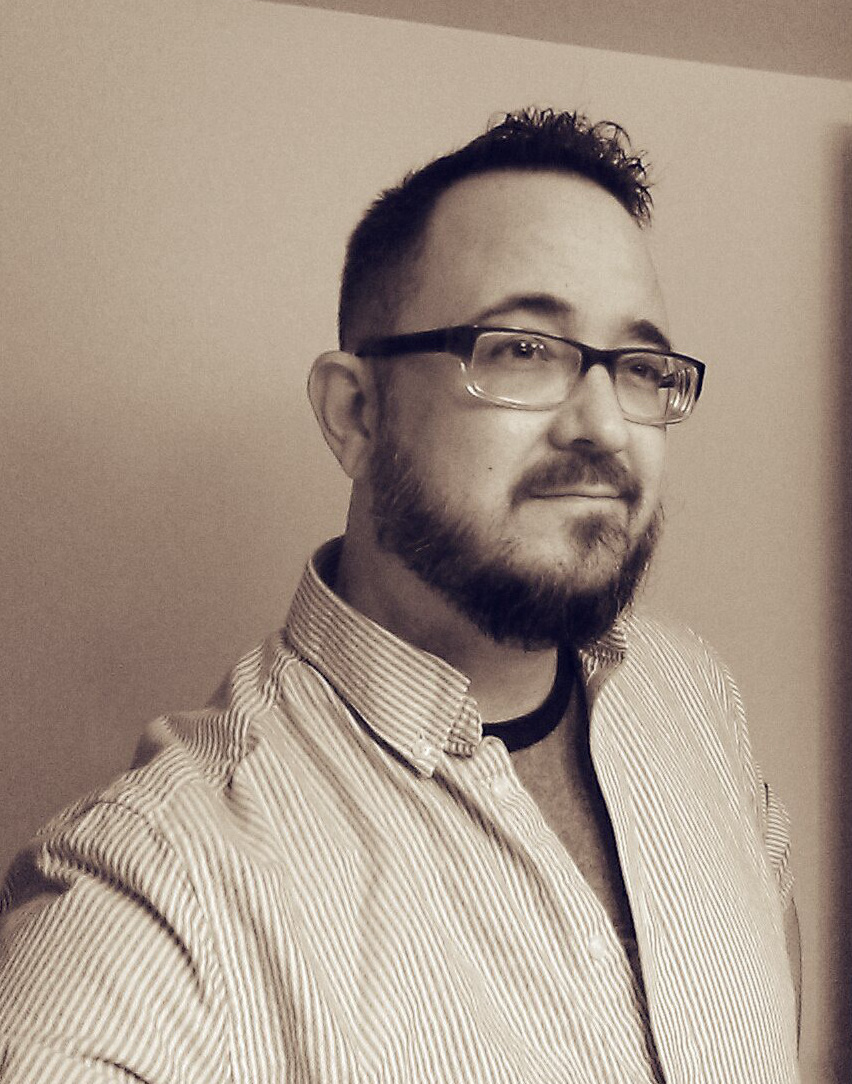Tag Archives: language
Presence of the Word – Word as Sound
[C]ultures which do not reduce words to space but know them only as oral-aural phenomena, in actuality or in the imagination, naturally regard words as more powerful than do literate cultures” (112). Ong, Walter J. The Presence of the Word: Some Prolegomena for Cultural and Religious History. The Terry Lectures. New Haven: Yale University Press,…
Presence of the Word – Plato’s Take
Spoken words are events, engaged in time and indeed in the present. Plato’s ideas were the polar opposite: not events at all, but motionless “objective” existence, impersonal, and out of time. (34). Ong, Walter J. The Presence of the Word: Some Prolegomena for Cultural and Religious History. The Terry Lectures. New Haven: Yale University Press,…
Presence of the Word – Back to Oral (Not)
Ong, Walter J. The Presence of the Word: Some Prolegomena for Cultural and Religious History. The Terry Lectures. New Haven: Yale University Press, 1967. As I’ve noted many times through this blog, I am not suggesting through my focus on this unique form of aural/visual communication that we are on some track to return to…
Presence of the Word – Electronic Era
Ong, Walter J. The Presence of the Word: Some Prolegomena for Cultural and Religious History. The Terry Lectures. New Haven: Yale University Press, 1967. Ong discusses the third stage of verbalization and notes that the process is sequential: The past century has seen the world enter into a new stage beyond orality and script and…
Presence of the Word
Man communicates with his whole body, and yet the word is his primary medium. Communication, like knowledge itself, flowers in speech (1). Ong, Walter J. The Presence of the Word: Some Prolegomena for Cultural and Religious History. The Terry Lectures. New Haven: Yale University Press, 1967. This work, published in 1967, reveals many of the…
The End of the Book and the Beginning of Writing
Derrida, Jacques, and Barry Stocker. Jacques Derrida: Basic Writings. London ; New York: Routledge, 2007. In this chapter, “The End of the Book and the Beginning of Writing” from Of Grammatology, Derrida looks at what he considers to be the problem of language. This problem has to do with how we now (Note: this was…
